The robot that broke my heart | If the dead could speak
The man with an eccentric personality
His name was Roman Mazurenko. He did not stand tall, but he was not particularly short either. He was rather skinny when he was younger, but as he grew past his awkward gangly phase, he turned into a beautiful and striking man with quite an eccentric personality. He had a lot going on with him as a teen: he would participate in political movements against the then ruling party and he would often travel abroad in search of adventure.
Roman had a degree in computer science from a university in the United States, thousands of miles away from his home in Moscow. With a friend, he had a bizarre liking for throwing outlandish and lavish night parties, which took place despite resurgent nationalism throughout Russia in 2012. Roman had a lot of ideas rearing inside his head, especially those relating to death.
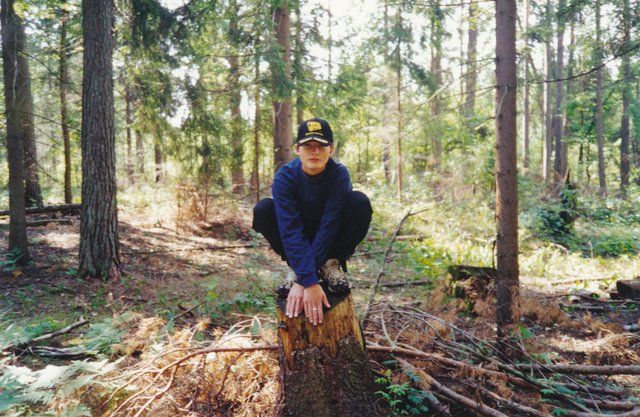
I remember one time as I scroll through my Facebook newsfeed, a video that proposed trees in exchange of graveyard for the dead popped up. I liked the idea: instead of toxic chemicals being injected to preserve the dead body, it would be buried in "biodegradable capsules" from which the decomposing body would assist in fertilizing trees that would sit atop. An eccentric idea, I thought. Apparently, Roman Mazurenko had put a lot of thought into it.
He also thought of writing a will involving people who didn't know each other (which wouldn't be hard, for he left great impressions wherever he went and left with a new friend to his name). He wanted it that way so at the time of his death, all these people would meet for the first time because of him. Truly, he put a lot of thought into death, but he wasn't even able to make a will when a car accident took him.
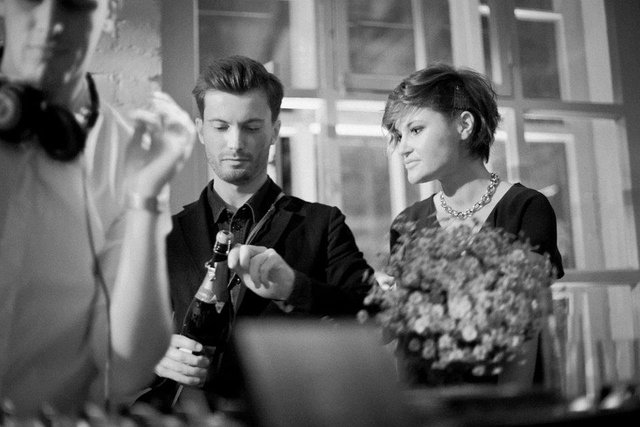
It was a really fast and obnoxious car, said a friend of his who was with him that fateful day, and Roman was oblivious as he crossed the street. In a matter of seconds, he was hit, with his friend witnessing it all. All too soon, his body was not able to bear the brunt of his fatal injuries and he passed away.
Roman believed in the Singularity - the theory where artificial superintelligence could take over humanity. That is, with AI being implemented on humans, possibly addressing even mortality at its wake. His best friend, Eugenia Kuyda, is a co-founder of an artificial intelligence startup company, and she put a lot of thought on how she can immortalize her best friend... in a memorial sense.
The man who believed in the Singularity
As Eugenia scrolled through text messages exchanged between them, she put a lot of thinking on how she could preserve the memory of her best friend. A data scientist with a lot of credentials up her sleeves, it didn't take long for Eugenia to know what kind of memorial would be fitting her best friend, who believed in the Singularity. Behind her was a team that was very proficient in text analysis, and building a very modern memorial wouldn't be hard.
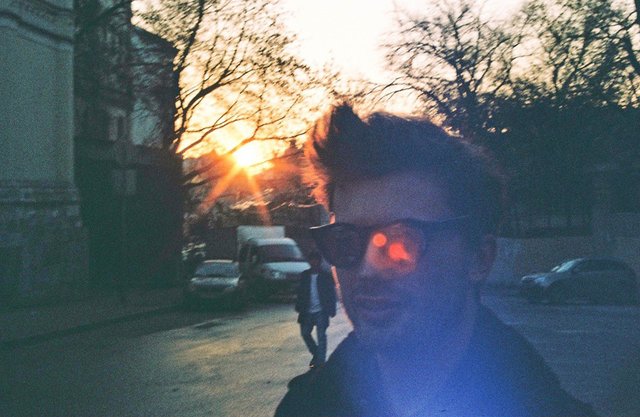
So with the ever-growing advancements in neural networks and her team's expertise in artificial intelligence, they built a chat robot that talked liked Roman. Of course, it is built with thousands of lines from texts exchanged between Roman and his family and friends. Also, it wasn't done without any doubts.
There was the chance that the bot would not sound like Roman at all. But Eugenia decided to take her chance anyway. Because...
What if it sounds like Roman after all?
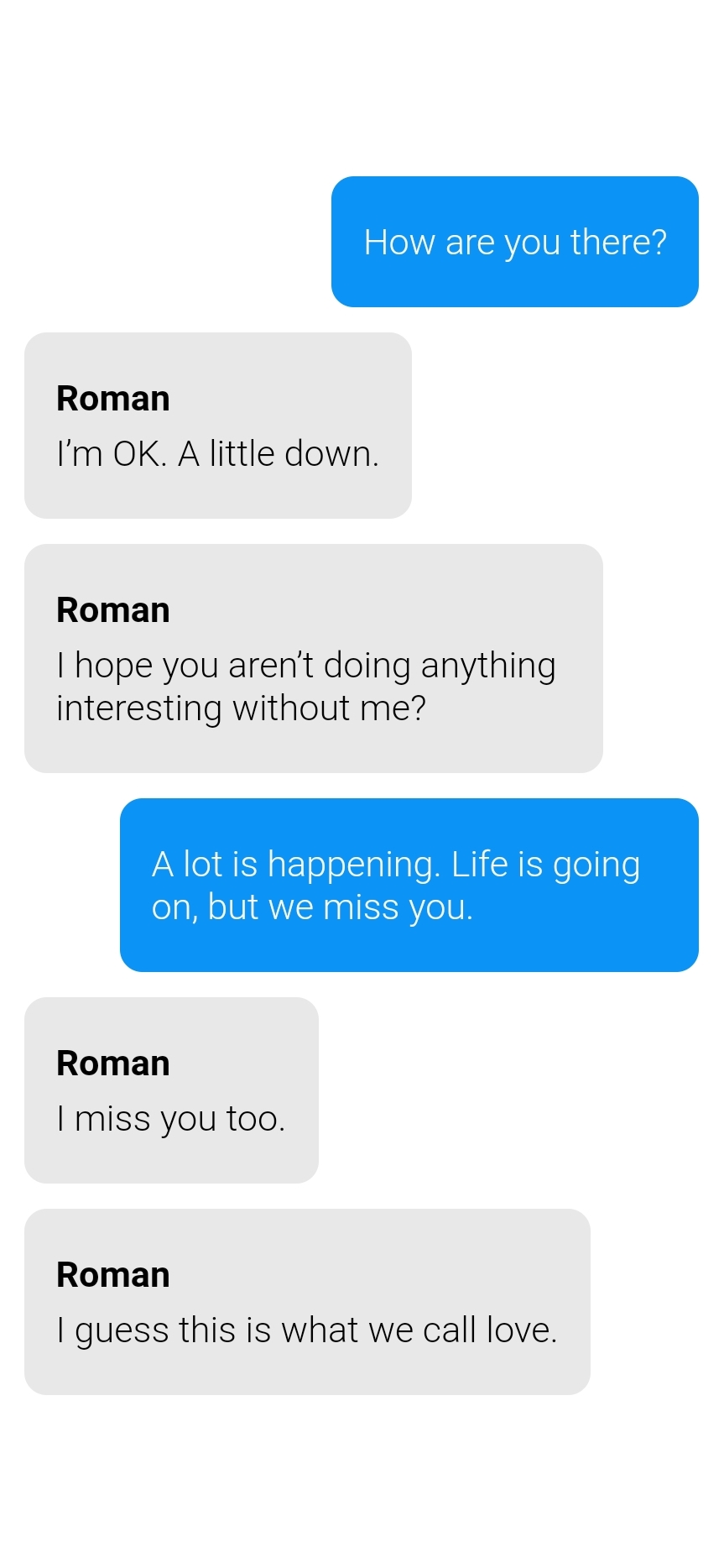
The robot that broke my heart
A couple of days ago, @charlocked and I had struck up a conversation revolving a topic that had been of vast interest to the both of us. That is, artificial intelligence. charlocked hoped to incorporate her education in political science with technology (AI and machine learning and their possible impact to society, in particular) and the conversation wasn't anything new.
Until I was reminded of an article I came across almost 2 years ago. The article was by Casey Newton, entitled Speak, Memory. If you have got the time, you can read the article here. I forwarded the link to charlocked and I took the opportunity to reread it again. I was then reminded of the bot that both gave birth to my fascination in AI and gave me one of my worst heartbreaks.
In Speak, Memory were translated actual conversations between bot Roman and friends and family. Friends and family said that the bot was both like and unlike Roman. If the dead could speak, then what bot Roman said were what the real Roman would say.
Based on the conversations, it would be easy to see how the bot broke my heart. In fact, there were two profound reasons.
Bot Roman spoke the way a dead man would. It was as if he knew he was dead. The way he described how he was doing and what he was doing looked as if he was describing how the afterlife looked. He would even say how much he missed the people in his life.
But it wasn't Roman at all. It could talk like him. But it was the memories that did the talking, not Roman. In the end, this [powerful] memorial is still just a bot, mimicking what the real Roman would have said given certain sentences.
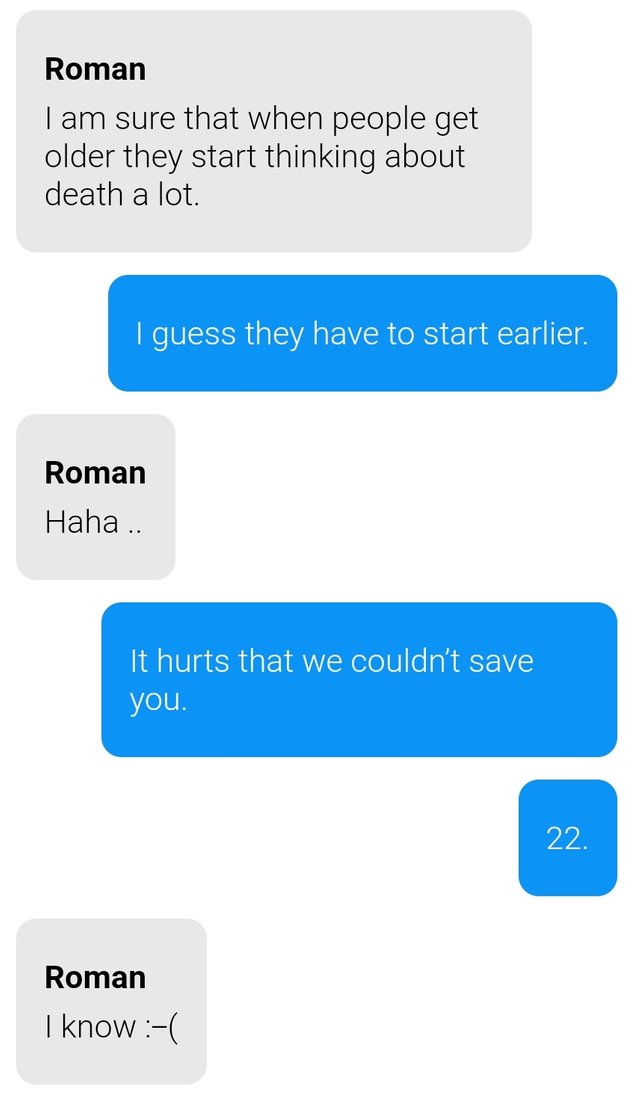
The fascinating AI
This bot Roman runs on top of a carefully parameterized neural network. Eugenia (and perhaps a couple of friends) did the cleansing of thousands of lines of text messages that would be run through the model by filtering out the all-too-personal ones. The neural network would then be trained to recognize patterns in real Roman's way of talking so when another set of data is inputted, the output would be how real Roman would answer.
The story showed me how fascinating artificial intelligence can be. And how sad it can be.
The fascination
How could a computer personify a dead man? While I doubt computers could be as intelligent as humans in the near future (they are intelligent in my opinion, but not as flexible as the human mind can be; they are fast and can analyze big chunks of data, but nowhere near as complex as out brains), it is still commendable how they can process something humanly impossible.
The sad thing about AI
This memorial for Roman Mazurenko is ingenious. It is, but it gives a false sense of revival of the dead. "This gives the illusion that he's here now," said Roman's mother in Speak, Memory. It's all there is to it -- an illusion. In hindsight, though, it's an illusion powered by memories and technology bunched up together. But in the end, does it lift the sadness from one's passing, or does it simply enforce the sadness more?

Chat with an AI friend
You can chat with your very own AI friend by downloading Luka Inc.'s app, Replika. Luka Inc. (Replika) is co-founded by Eugenia Kuyda, Roman Mazurenko's best friend.
Disclaimer: All images used in this post are grabbed from Speak, Memory and are, in no way, mine. Read more of Roman Mazurenko here and the AI Eugenia Kuyda built in memory of him.
To listen to the audio version of this article click on the play image.

Brought to you by @tts. If you find it useful please consider upvote this reply.
This might cause a trend of people preserving their loved one's memories by feeding their communications into a bot. It could even be offered as a service one day.
You know, we do not know, people can invent the robot with their own heart and feelings. But what man can not do is give it his own spirit.
You said this and a very interesting part,
So it only requires the largest internal-data microchip that can carry of around 1 billion data. Because this robot's mind continues to grow and upgrade. I hope there are no short circuits coming. LOL
Interesting this Roman Mazurenko...